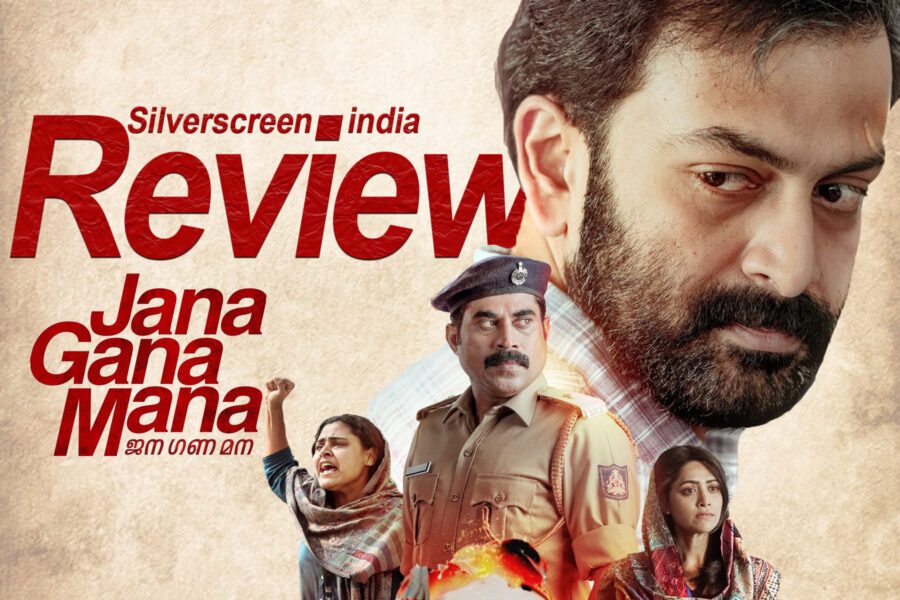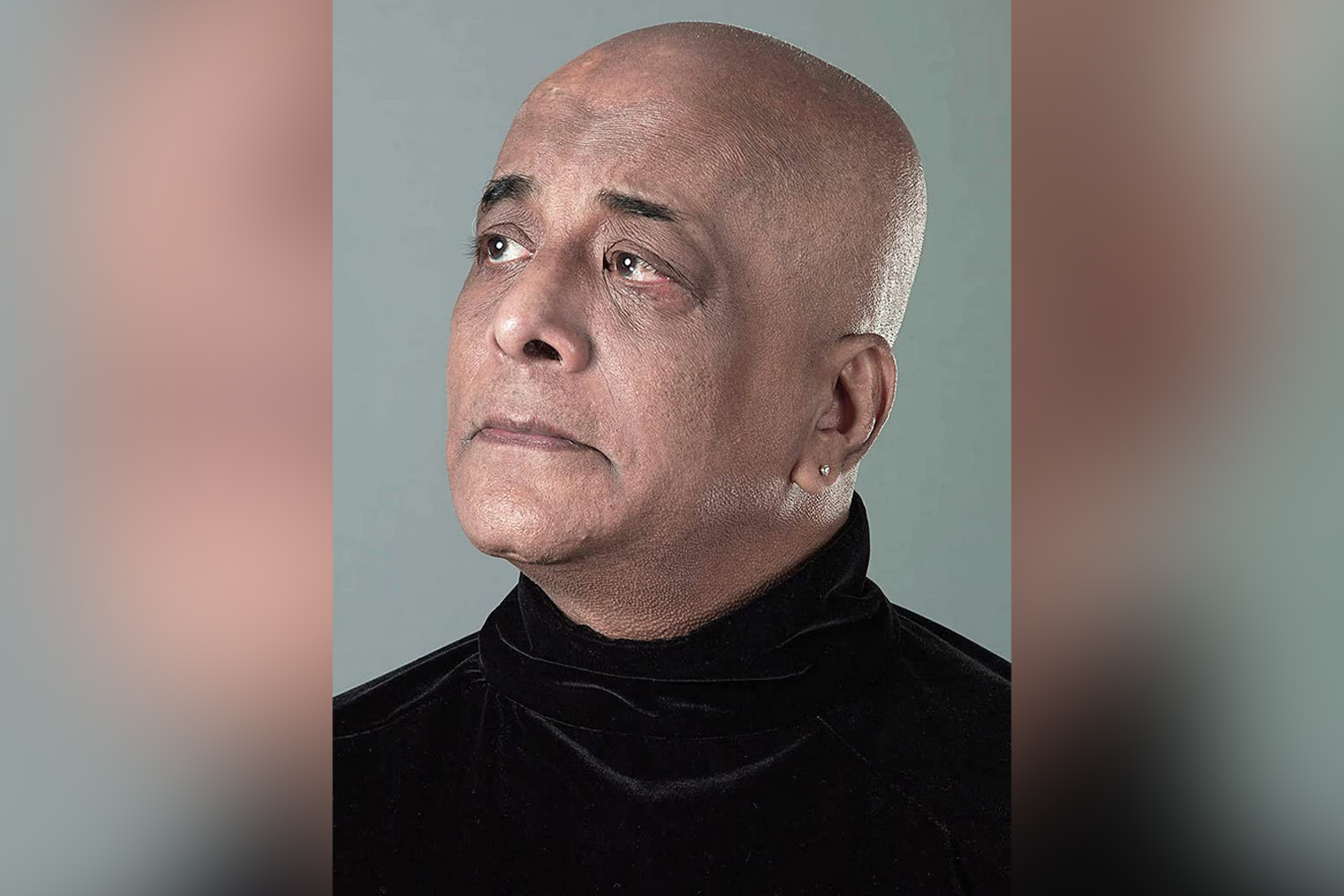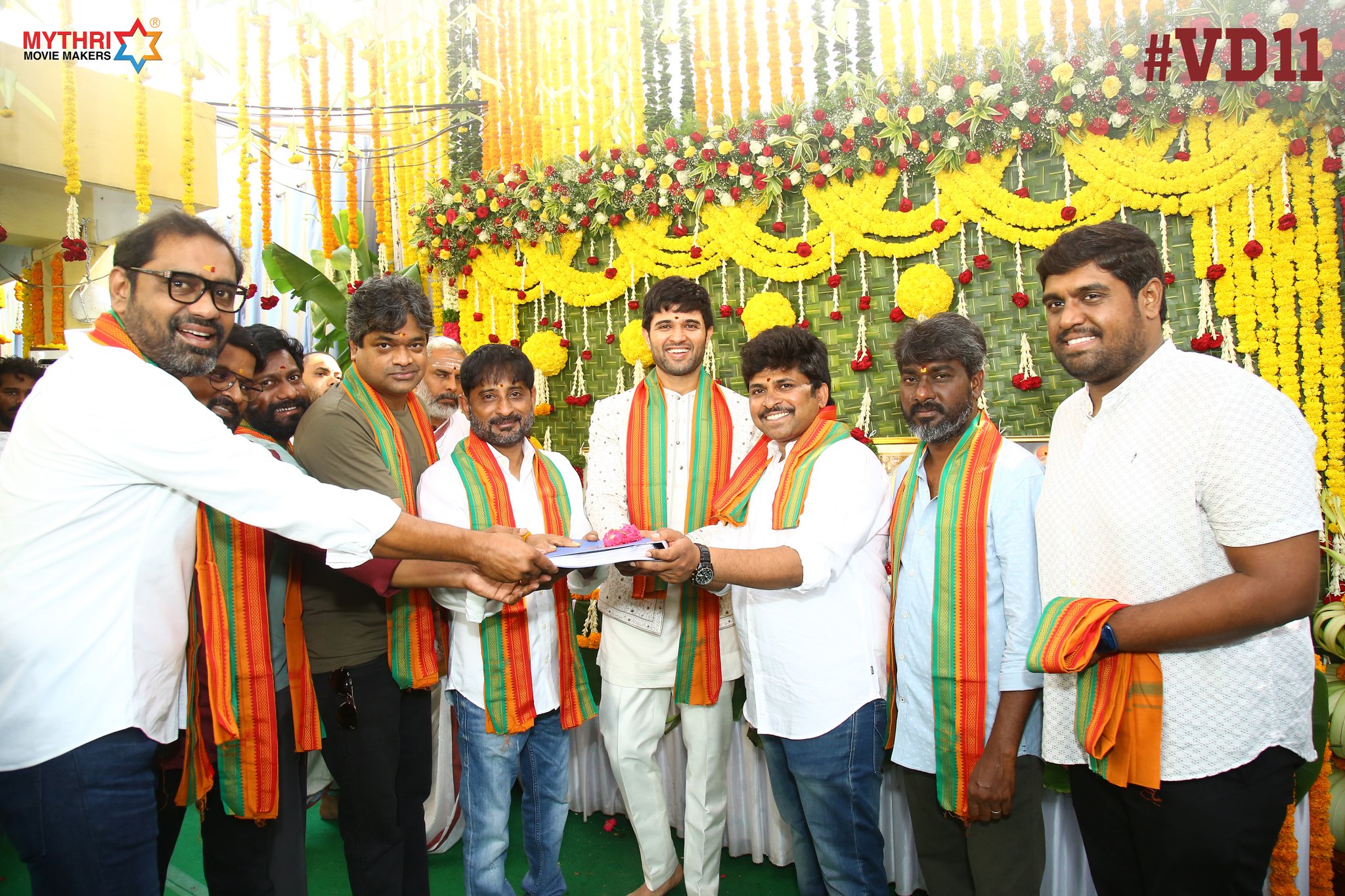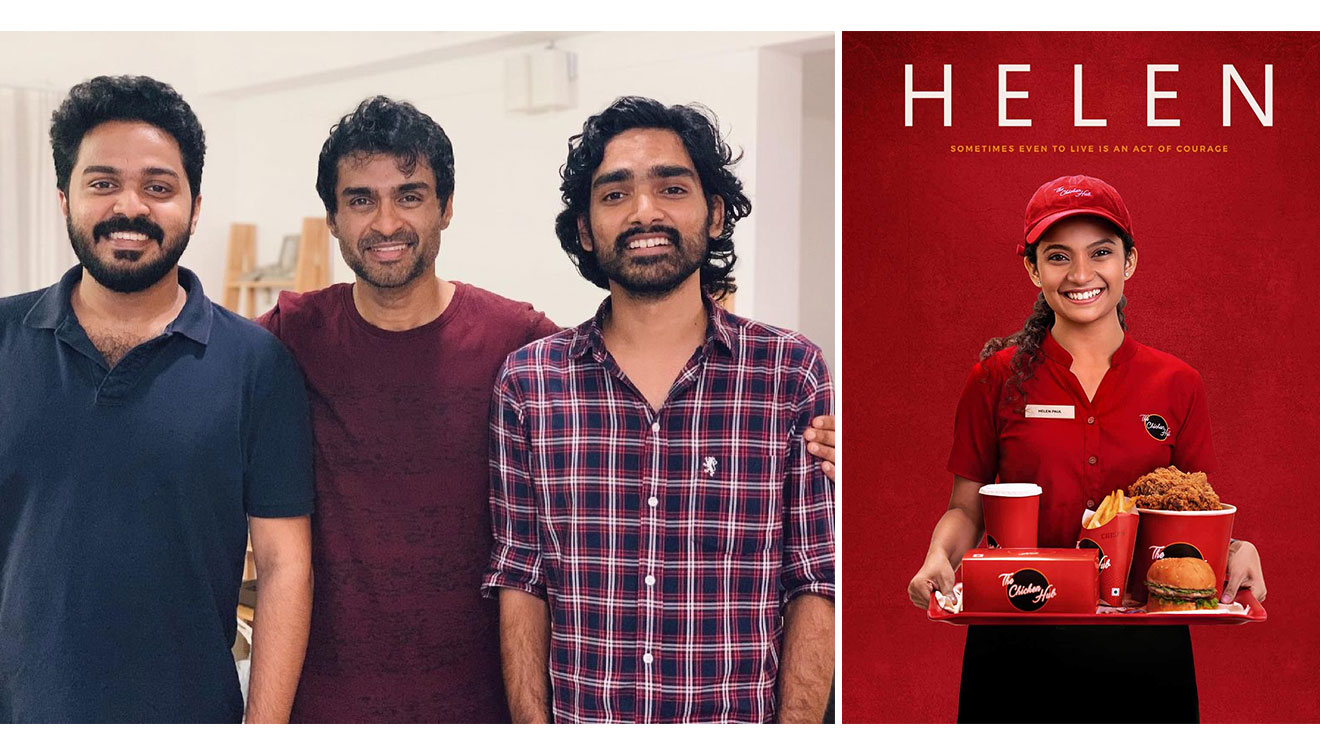(Spoiler Alert)
Courtrooms in Indian mainstream cinema are akin to theatre. There are artists and an audience, rendition of the hyperbole and abandonment of objectivity. The actors belt out long dialogue, while the camera impassively records the faces and the proceedings.
The courtrooms in director Dijo Jose Antony’s films – Queen (2018) and the latest, Jana Gana Mana – are loud and explosive, headlined by a lawyer, the superhero in a black coat, who is immune to character development. He lashes out at everyone in the room and the audience, occupying a moral ground so high that one would need a telescope to sight them from the earth. In Queen, Salim Kumar played an angry lawyer who turned the entire latter half of the film into a tirade. In Jana Gana Mana, Prithviraj trembles in rage and terrorises the courtroom. The film, centred on the death of a college professor Saba (Mamta Mohandas), argues against media trials in high-profile cases. It asks the viewers to not succumb to sentimentalism but look for what lies beyond the obvious. Ironically, Jana Gana Mana uses the same language of hyperbole it warns the audience against.
The film unfolds in the fictional town of Ramnagara in Karnataka, in a central university that eerily resembles Jawaharlal Nehru University (JNU). The scenes of student protest and subsequent police violence on the campus take cues from the press reports on the incidents that unfolded in JNU in January 2020.
Subtlety, clearly, is not Dijo’s strength. The narrative teems with expository dialogue and scenes. In an early scene set on the college campus, at Saba’s memorial service, the chairman of the university takes the podium and delivers an offensive speech, blaming Saba for stepping out at night and terming the student protests in connection to her death part of a larger anti-national movement. Not just him but all the villains in Jana Gana Mana proclaim their villainy and reveal their carefully chalked out plans in casual phone calls or on public platforms. The film’s audacity to speak up against India’s dangerous right-wing nationalism and the ingrained misogyny of Indian society is rare and praiseworthy. But Dijo’s assumption that the evil likes to flaunt itself is a fatal error.
Similar absurdities, contradictions and empty rhetoric are plenty in Jana Gana Mana. The background score (Jakes Bejoy) is relentless, loud and too passionate, a sonic equivalent of the film’s characters. The student leaders, played by Vincy Mathew and Dhruv, are simplified into wannabe revolutionaries whose courage is marked by their angry rants and valiant screams. In the final part of the film, the students and the audience at the court, who had been passionately listening to the lawyer’s arguments against mob justice, fling themselves into yet another act of mob violence, vandalising police vehicles and baying for the blood of the cops. The lawyer, whose superpower is his self-righteousness, berates the honourable judge and the witnesses for their hypocrisy and prejudice against people who come from a certain socio-economic background. Yet, Saba, who holds the film’s emotional narrative together, is always framed like a cliched angel, the camera highlighting Mamta’s glowing face, impeccable smile and upper-class demeanour. There are more victims in the film, who resemble people like you and me, but they get nothing more than a story lazily lifted from newspaper headlines.
Dijo finds a great lead character in assistant commissioner Sajan Kumar, played by Suraj Venjaramoodu, but he gropes in the darkness about structuring a character arc for him. Great films conceal clues to create delicious plot twists, mediocre films put up charades. The viewer should feel betrayed by the big reveal in the climactic scene as the film had, until then, given them the feeling that they were privy to Sajan’s subjective point of view of the events. The hurried negation of this impression is the film’s weakest link.
Recommended
Dijo crams several issues into the narrative. But he makes a daring move by pointing out the ingrained social biases in the media reporting of sexual harassment cases in a country that likes to consecrate its young rape-murder victims. By far, the best element of the film is Suraj’s portrayal of Sajan. His grey shades come through very well in his introduction scene when he negotiates with a group of protesting students and gains entry to the college campus. “They are just students, not an army of Taliban,” he remarks to his subordinate and walks to the student leaders, quickly concealing his contempt and switching to a position of empathy. In the end, the film is taken over by Prithviraj’s thundering speeches, but Suraj’s subtle mannerisms and careful body language stay memorable. The actor effortlessly turns Sajan into someone who deserves your pity and wrath.
*****
This Jana Gana Mana review is a Silverscreen original article. It was not paid for or commissioned by anyone associated with the movie. Silverscreen.in and its writers do not have any commercial relationship with movies that are reviewed on the site.



